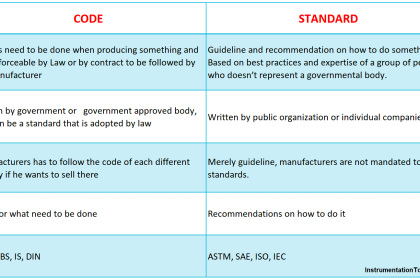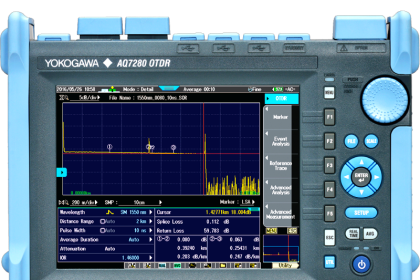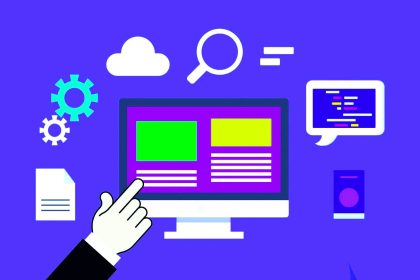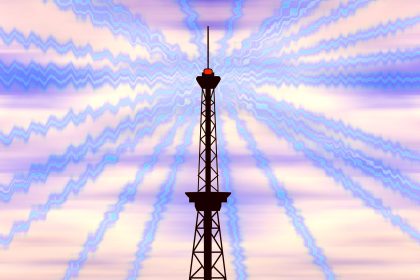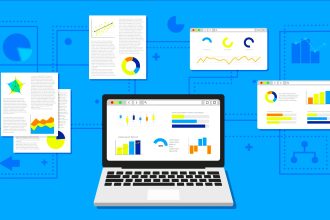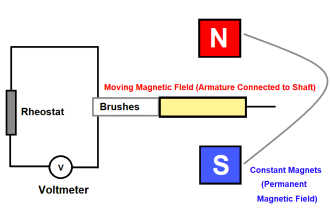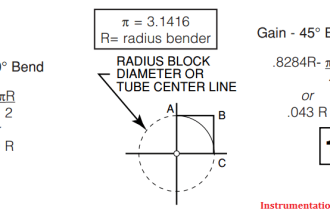If you’ve never heard of a ‘virtual private network’ (VPN), the chances are that you’re in an increasingly dwindling minority.
More specifically, it’s estimated that 41% of people in the US and the UK now use a VPN at least once a week, with this percentage has increased exponentially through the coronavirus pandemic.
But do you need a VPN when using your home computer? Here are some of the key considerations in this regard.
What is a VPN?
Let’s start with the basics; as a VPN describes a virtual, encrypted tunnel that connects your device to a remote server.
The purpose of this is to ensure that your data and web traffic is disguised and presented as an indecipherable string of code, making it inaccessible to hackers, network managers (where applicable), and even Internet Service Providers (ISPs).
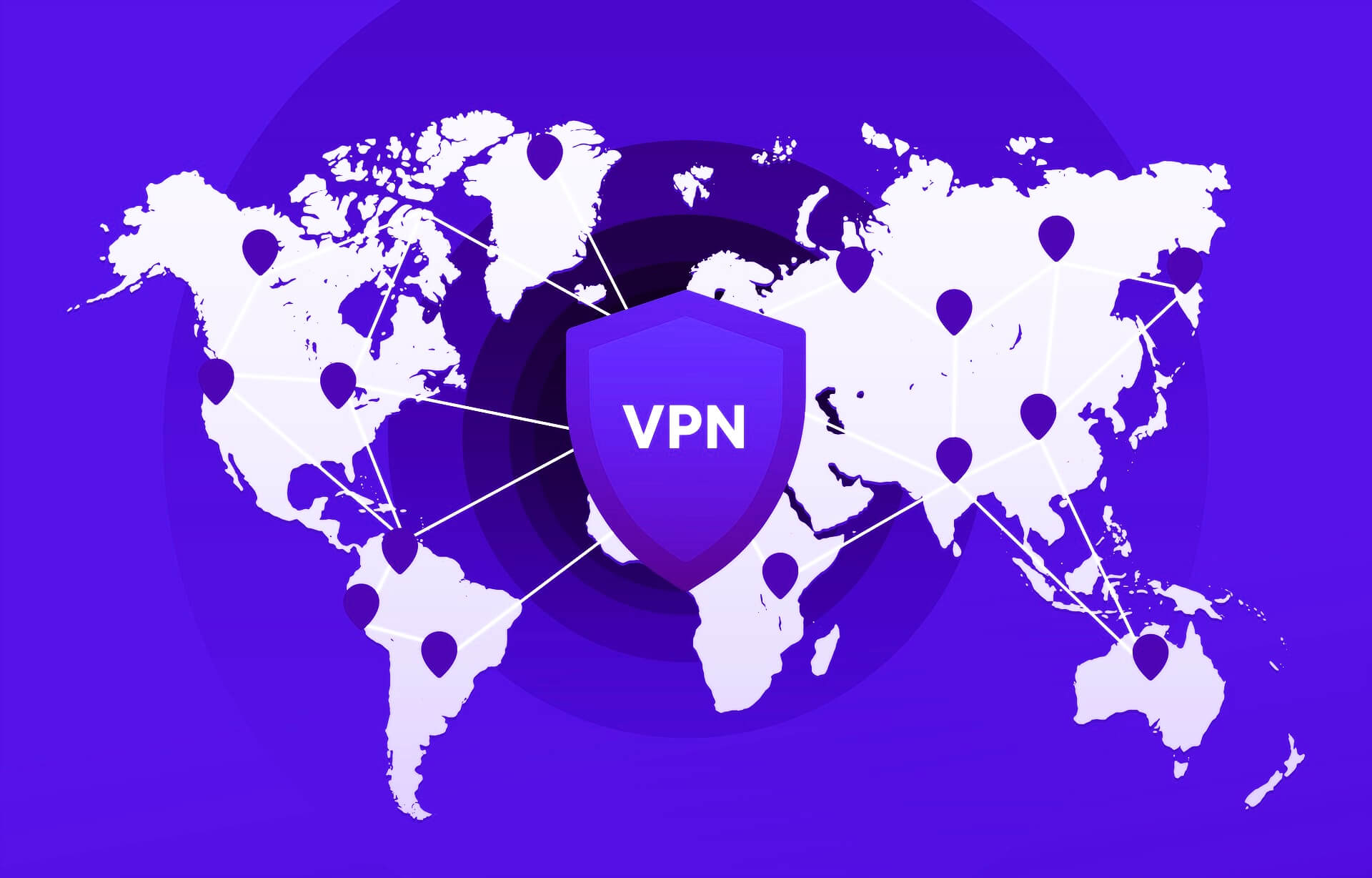
A VPN also works by masking your physical location and IP address, by ensuring that your device is connected to a remote server in another part of the world. There are numerous advantages to this (which we’ll touch on later in the piece), but the most prominent pertain to online security and the accessibility of global sites and streaming platforms.
You can download a VPN for your PC quickly and safely in the digital age too, immediately accessing improved network security and an array of other benefits when utilizing paid and reputable clients in the marketplace.
Do You Need a VPN on Your Home Computer?
OK – But Do You Need a VPN on Your Home Computer?
Many people opt not to use a VPN on their home computer or PC, primarily because the main advertised advantage of this technology is its ability to secure open and unsecured public networks.
Accessible through libraries, shops, and coffee houses, this type of network is largely unsecured and available to a wide range of users within the relevant catchment area. Because of this, it can be targeted ruthlessly by hackers, who may create familiar-sounding access points that trick you into connecting and subsequently intercept your data.
Of course, this type of benefit is not necessarily important when using your home PC, as here you’ll connect to a secured private broadband connection that’s encrypted and password protected.
Benefits of VPN
As we’ve already touched on, however, installing a VPN download for your home PC offers a number of other advantages.
For example, the VPN product will immediately mask your IP address once it has been activated, immediately negating the threat posed by malicious malware attacks and the practice of doxxing.
This helps to boost the security provided by private networks, and safeguard you, other users in your household, and your most sensitive datasets. Remember, all IP addresses connected to your home Wi-Fi can be targeted by cybercriminals at any time, but utilizing a VPN client to alter your IP address and route your traffic through a remote server.
This practice also offers advantages to those of you who are avid streamers of content through platforms like Hulu and Netflix. After all, you can connect to a remote VPN server in your choice of global jurisdiction, with some offering access to more than 3,000 servers across the globe.
This could enable you to connect to the comprehensive US Netflix library when located outside of the country, circumnavigating any geographical licensing restrictions that are commonly applied to non-original programming.
The same principle applies to Hulu and international sports streaming sites, so using a VPN really can unlock an entire world of entertainment.
Avid gamers can also use a VPN client to minimize the risk of so-called “bandwidth throttling”. This is a questionable practice sometimes adopted by ISPs, and it involves tracking user’s web activity and identifying periods of increased or accessed data usage (which are commonly triggered by extensive gaming and similar pastimes).
This can subsequently cause ISP to throttle your bandwidth, in order to ensure optimal performance across its entire network during peak usage.
As a VPN masks your web traffic and IP address, it prevents ISPs from tracking or logging your activity. This ensures optimal performance and speed at all times, so you can enjoy your favorite pastimes regardless of your location or the time of day.
On this point, we’d also recommend that you use a paid VPN as opposed to a free one. This is largely because the latter is more likely to track and log your web traffic and data, before selling this directly to third parties as a way of generating their income.
By contrast, paid VPNs tend not to track or log data, as they’re able to generate income through a paid monthly subscription.

